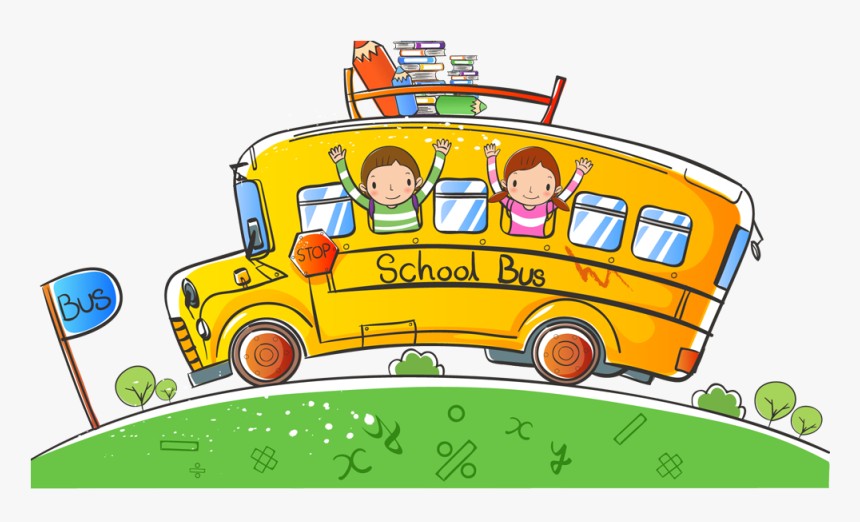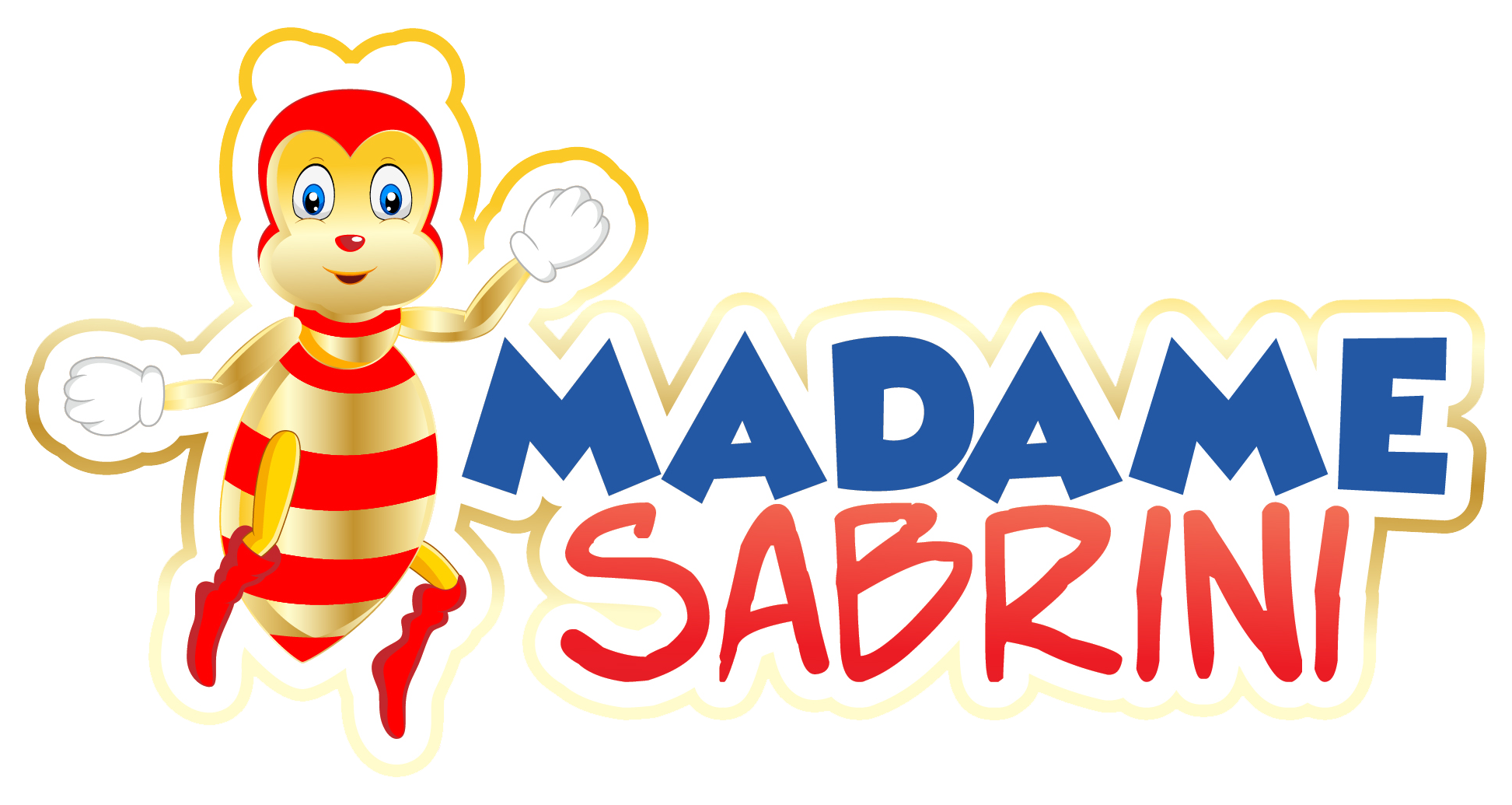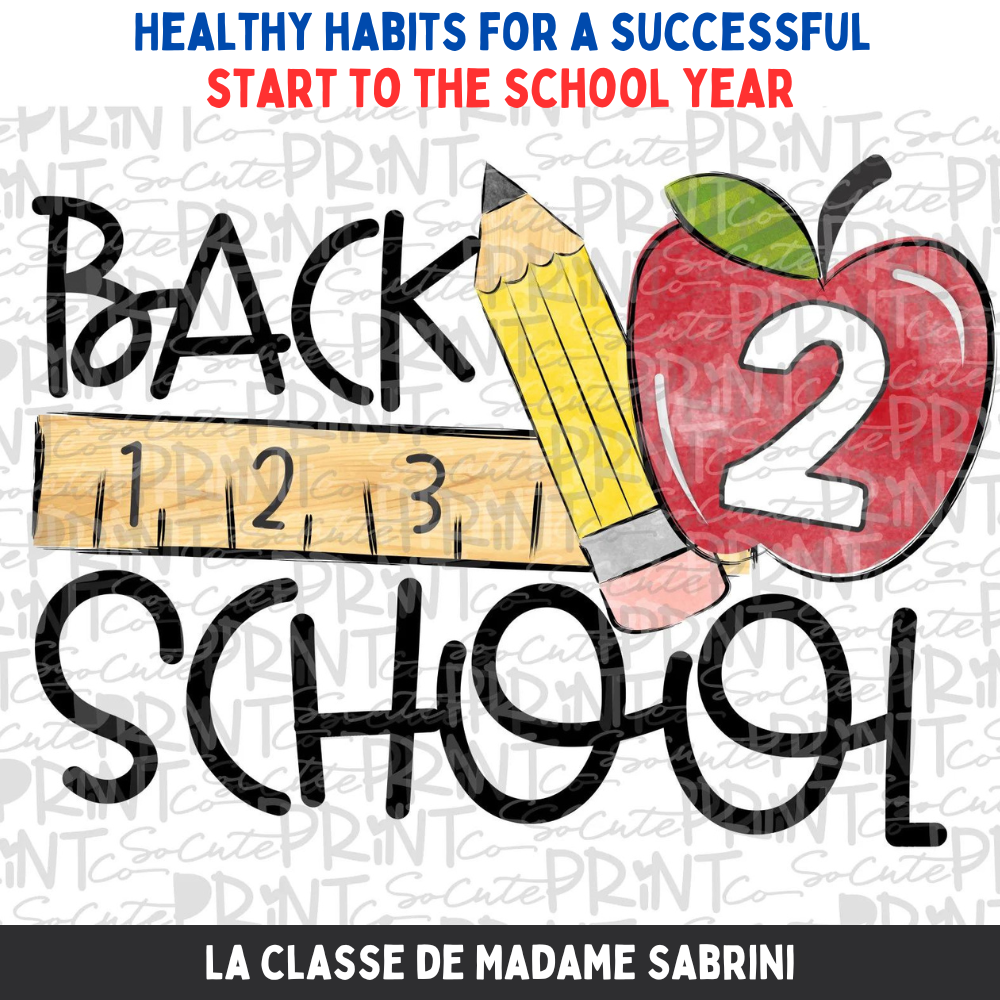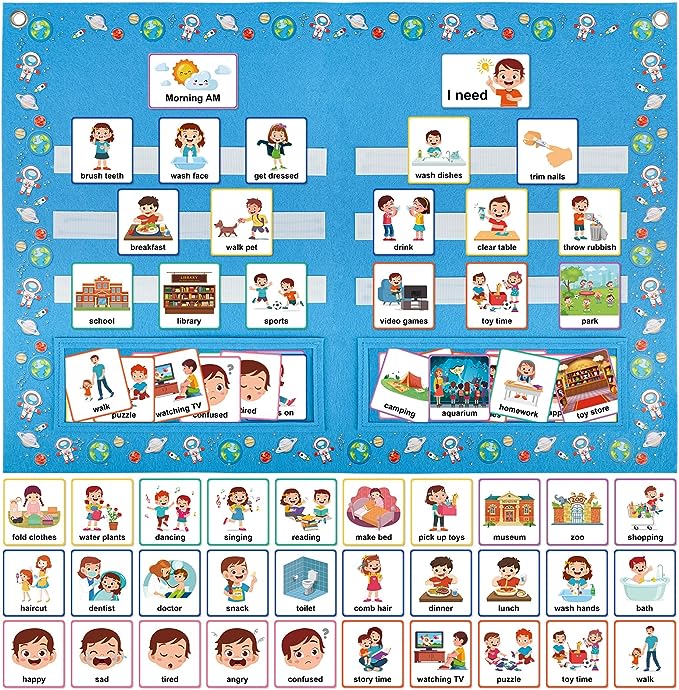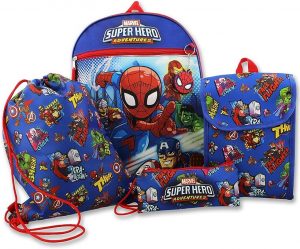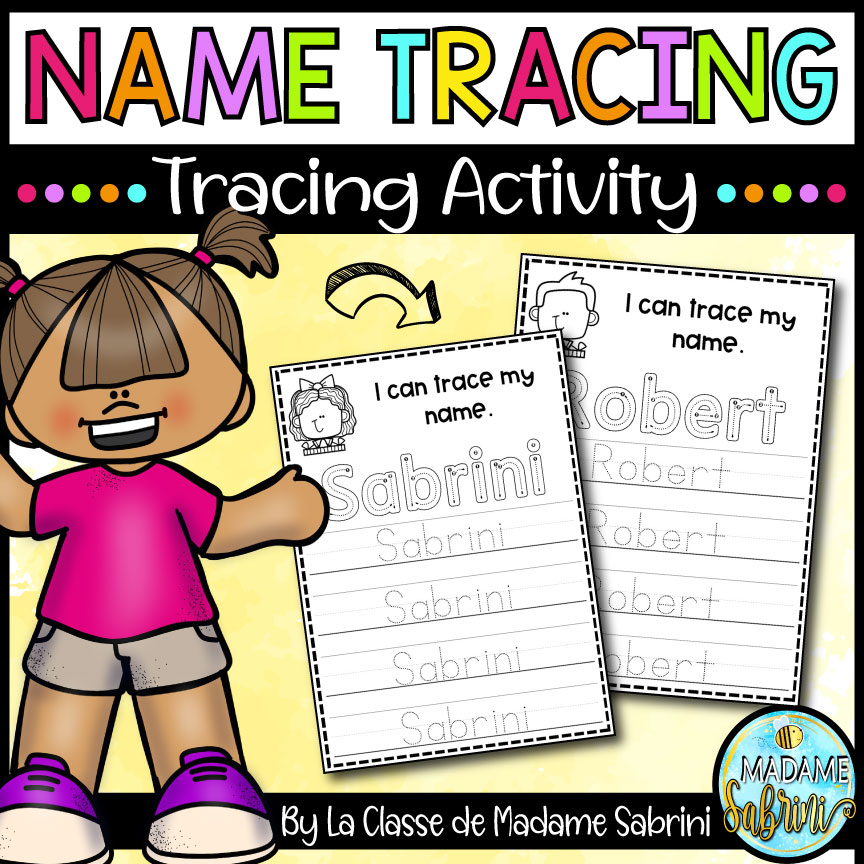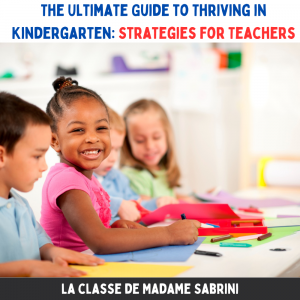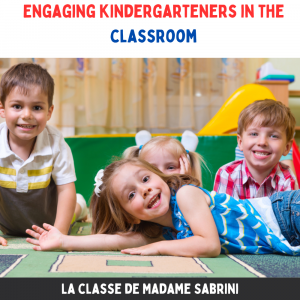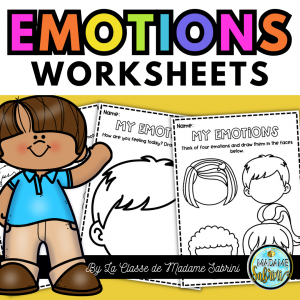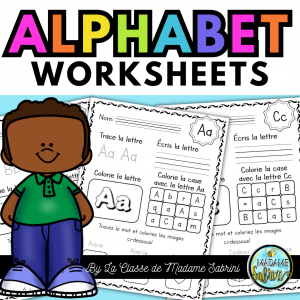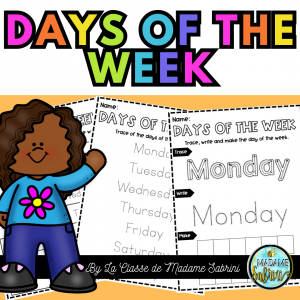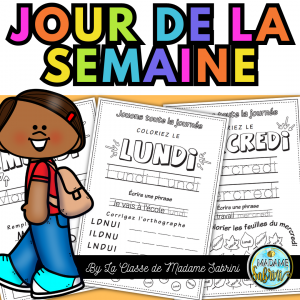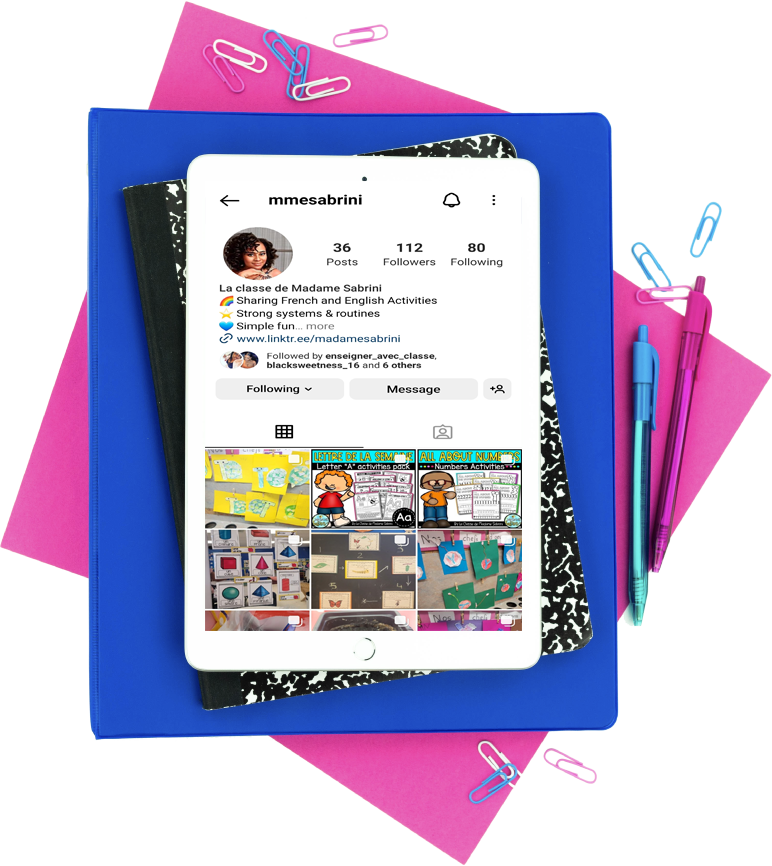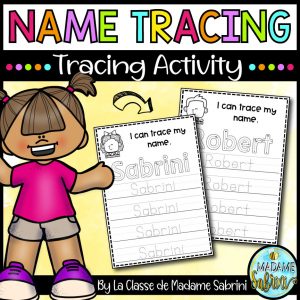This post may contain affiliate links which means I may receive a commission for purchases made through links. I will only recommend products that I have personally used! Learn more on my Private Policy page.
It’s that time of year again! Back to school preparation for kindergarten can be a daunting task for both you and your little one. With the start of the school year just around the corner, it’s important to get your kindergartener off on the right foot. From shopping for school supplies to getting ready for the big day, there are a few things you can do to help make the transition as smooth as possible. This blog post will provide you with some great tips and advice to make back to school preparation for your little kindergartener easier and more enjoyable.
Establishing a routine
Getting into a routine is key to a successful transition into kindergarten. Children thrive on predictability and structure, so establishing a daily routine can help them feel more secure and confident. Start by setting a consistent bedtime and wake-up time to ensure your little one gets enough sleep. A well-rested child is more likely to have a positive attitude and be ready to learn.
Next, create a morning routine that includes time for breakfast, getting dressed, and any other tasks that need to be completed before heading out the door. Having a checklist or visual schedule can be helpful for your kindergartener to follow along and know what to expect.
Incorporating a homework or reading routine into your daily schedule can also be beneficial. Set aside a specific time each day for your child to complete any assignments or practice reading. This will help them develop good study habits and reinforce the importance of education.
Finally, establish a bedtime routine that allows for relaxation and winding down before sleep. This could include activities such as reading a book together or having a quiet conversation about the day.
By establishing a routine, you are setting your child up for success in kindergarten. It provides them with a sense of stability and helps them feel more in control of their day. Stick to the routine as much as possible, but also allow for flexibility when needed. Remember, the goal is to create a routine that works for your family and promotes a smooth transition into kindergarten.
Getting necessary supplies
Heading to the store to stock up on school supplies is a rite of passage for any kindergartener. It’s an exciting time for your little one to pick out their very own pencils, crayons, and notebooks. But with so many options available, it can be overwhelming for both parents and kids alike. Don’t worry, we’ve got you covered with some tips on getting the necessary supplies for a successful start to the school year.
First and foremost, check with your child’s school for a list of required supplies. Many schools provide a detailed list of items that students will need for the year. This will help you avoid any last-minute scrambling or buying unnecessary items.
When shopping, involve your kindergartener in the process. Let them pick out their favorite colors and designs for their supplies. This will help them feel more excited and invested in their education.
Some essential supplies to consider include pencils, erasers, crayons, markers, glue sticks, scissors, and notebooks. It’s also a good idea to stock up on tissues, hand sanitizers, and disinfecting wipes to keep your little one healthy throughout the year.
Don’t forget to label everything with your child’s name. Kindergarten classrooms can be a whirlwind of activity, and items can easily get mixed up. By labeling your child’s supplies, you’ll ensure that they come home with what they brought.
Lastly, keep an eye out for any back-to-school sales or discounts. Many stores offer special promotions during this time, so take advantage of the savings and shop smart.
With the necessary supplies in hand, your kindergartener will be ready to take on the school year with confidence. So go ahead, get shopping, and make this back-to-school experience a memorable one for your little one.
Reading and math readiness
As your little one prepares for kindergarten, it’s important to help them develop the necessary reading and math readiness skills. While every child develops at their own pace, there are a few activities you can incorporate into their daily routine to help them feel more confident and prepared for the academic challenges ahead.
One of the best ways to promote reading readiness is to read aloud to your child every day. Choose a variety of books, including storybooks, picture books, and non-fiction books, to expose them to different types of text. Encourage them to ask questions and engage in discussions about the stories.
In addition to reading, you can also incorporate math concepts into everyday activities. For example, you can count objects while doing chores, play games that involve numbers, and introduce basic shapes and patterns during playtime. These simple activities help build a foundation for math skills and make learning fun.
Consider introducing educational apps or online games that focus on reading and math skills. There are numerous resources available that can engage your child while reinforcing important concepts. Just be sure to monitor screen time and choose age-appropriate materials.
Remember, the key is to make learning enjoyable and incorporate it into your daily routine. By doing so, you are helping your child develop a love for reading and math while preparing them for a successful start to kindergarten.
Practicing social skills
Now that your little one is getting ready to start kindergarten, it’s important to focus on helping them develop their social skills. Kindergarten is not only about academics but also about building relationships and interacting with peers. Practicing social skills at home can help your child feel more comfortable and confident in their new environment.
One way to practice social skills is through playdates. Arrange playdates with other children in the neighborhood or classmates from kindergarten. This gives your child the opportunity to engage in cooperative play, take turns, and practice sharing. It also helps them develop communication skills and learn how to resolve conflicts.
Encouraging your child to join extracurricular activities can also help them develop social skills. Whether it’s joining a sports team, dance class, or art club, these activities provide a structured environment for your child to interact with others and work as part of a team.
Another important aspect of social skills is teaching your child about empathy and kindness. Help them understand the importance of being kind to others, sharing, and listening to their peers. Role-play scenarios where they can practice being empathetic and resolving conflicts in a peaceful manner.
Lastly, modeling positive social behaviors at home is crucial. Children learn by observing their parents and caregivers, so be mindful of how you interact with others and demonstrate good social skills yourself.
By practicing social skills at home, your child will be better equipped to navigate the social aspects of kindergarten. Remember, social skills are just as important as academic skills, so invest time and effort in helping your little one develop them.
Touring the school and meeting teachers
Now that you’ve started to establish a routine and gathered all the necessary supplies, it’s time to take your little kindergartener on a tour of their new school and meet their teachers. This can be an exciting and nerve-wracking experience for both of you, but with a few tips, you can make it a positive and memorable event.
Start by contacting the school to schedule a tour. Many schools offer specific dates and times for incoming kindergarteners and their families to visit. Take advantage of this opportunity to familiarize yourself with the layout of the school and get a sense of the environment your child will be in. As you walk through the halls and classrooms, point out important areas like the cafeteria, gymnasium, and playground, so your child knows where everything is.
When meeting the teachers, encourage your child to ask questions and express any concerns they may have. This is a chance for them to get to know the people who will be guiding them through their kindergarten journey. It’s also a great opportunity for you to introduce yourself and share any information about your child that may be helpful for the teacher to know.
Before leaving, ask if there are any specific materials or items your child will need for the first day of school. This way, you can ensure that you have everything prepared and ready to go.
Taking the time to tour the school and meet the teachers can help ease any anxieties your child may have about starting kindergarten. It gives them a chance to see that the school is a safe and welcoming place, and that their teachers are there to support and guide them. Remember, this is just the beginning of their educational journey, and with your support, they will thrive and grow in their new school environment.
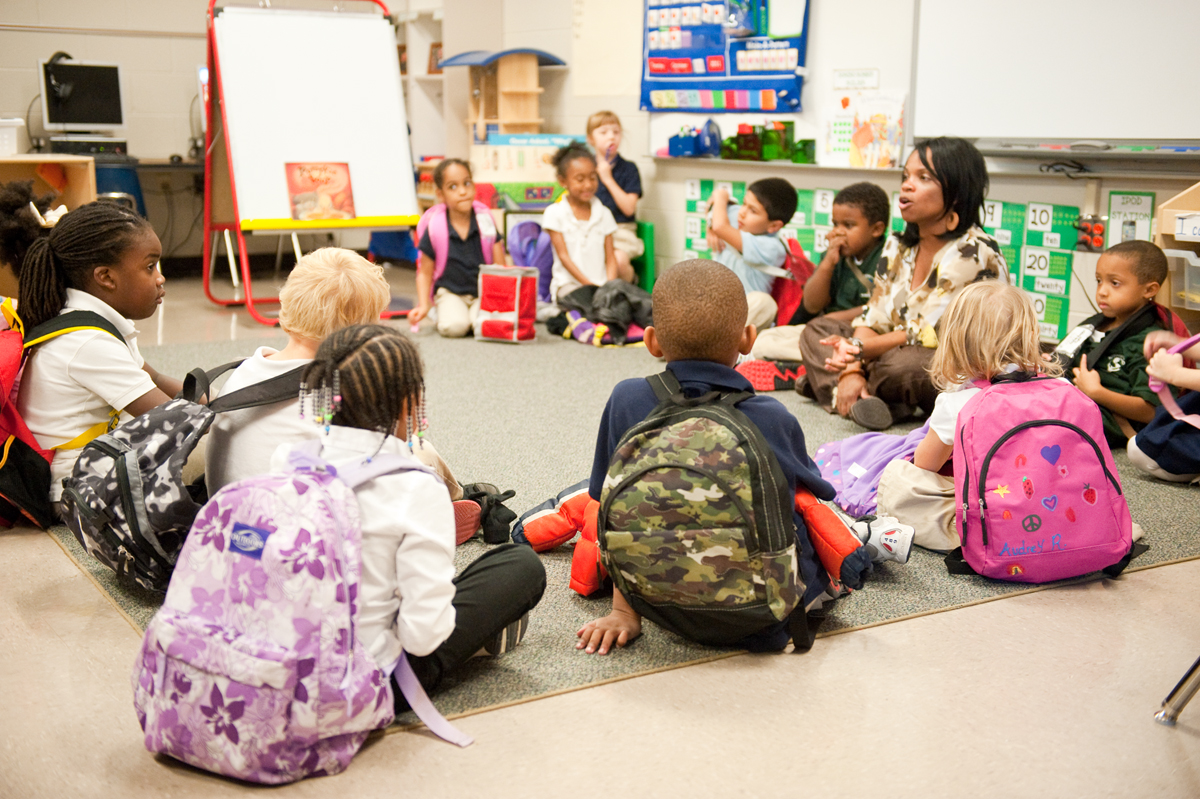
Addressing separation anxiety
Starting kindergarten can be an exciting time for your little one, but it can also bring about feelings of separation anxiety. It’s normal for children to feel nervous or worried about being away from their parents for an extended period of time. As a parent, it’s important to address these feelings and provide reassurance to help ease their anxieties.
One way to address separation anxiety is by gradually introducing your child to the concept of being apart. Start with short periods of separation, such as leaving them with a trusted caregiver or family member for a few hours. This allows your child to become familiar with being away from you while still feeling safe and secure.
Another strategy is to establish a goodbye routine. This could be a special handshake, a hug and a kiss, or a special phrase that you say before you leave. Having a routine in place can provide a sense of consistency and comfort for your child when saying goodbye.
Encourage open communication with your child about their fears and concerns. Listen attentively and validate their feelings. Let them know that it’s normal to feel a little scared or anxious and reassure them that you will always come back to pick them up.
Lastly, foster a positive relationship with your child’s teacher. Keep the lines of communication open and make an effort to build a partnership with them. When your child sees that you trust their teacher, it can help alleviate some of their anxiety.
Remember, separation anxiety is a common and temporary phase that many children go through. With patience, understanding, and reassurance, you can help your little one navigate this transition and have a successful start to their kindergarten experience.
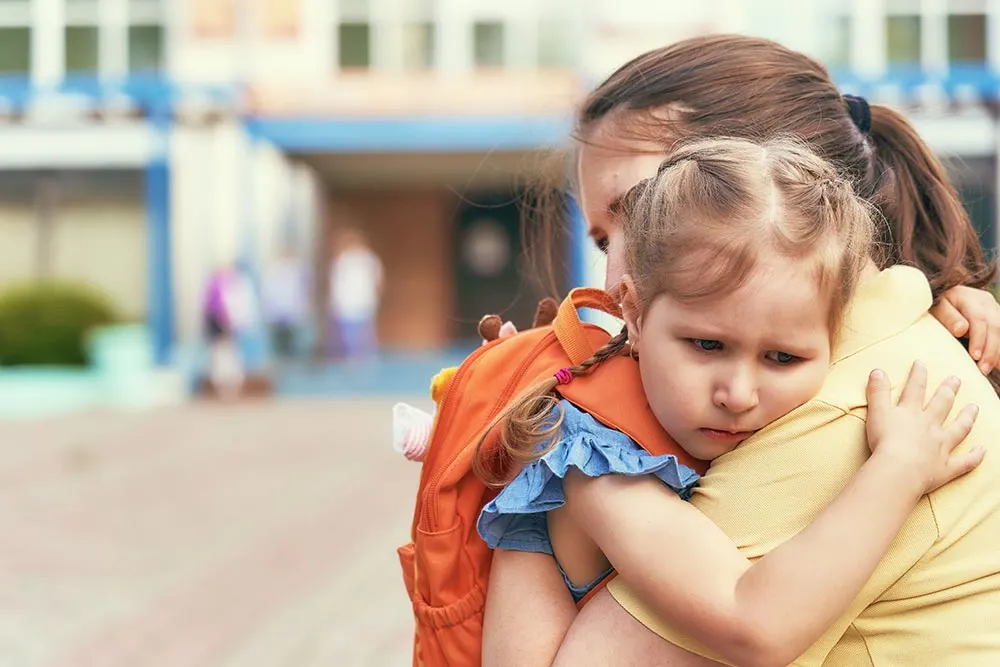
Healthy habits for a successful start to the school year
As your little kindergartener prepares for their first day of school, it’s important to establish healthy habits that will set them up for a successful start to the school year. These habits not only contribute to their physical well-being but also play a crucial role in their overall development and ability to thrive in the classroom.
One important habit to prioritize is a healthy diet. Provide your child with nutritious meals and snacks that will fuel their bodies and minds throughout the day. Encourage them to eat a variety of fruits, vegetables, whole grains, and lean proteins. Limit their intake of sugary snacks and drinks, as these can lead to energy crashes and difficulty focusing.
In addition to a healthy diet, it’s essential to promote regular exercise. Encourage your kindergartener to engage in physical activities they enjoy, whether it’s riding a bike, playing soccer, or going for family walks. Regular exercise not only strengthens their bodies but also improves their concentration and cognitive abilities.
Another crucial habit is proper hygiene. Teach your child the importance of washing their hands regularly, especially before meals and after using the restroom. Remind them to cover their mouth and nose when sneezing or coughing, and encourage good dental hygiene habits like brushing their teeth twice a day.
Lastly, prioritize sufficient sleep. Establish a consistent bedtime routine that allows for an adequate amount of sleep for your child’s age. A well-rested kindergartener is more alert, focused, and able to engage in the learning activities throughout the day.
By promoting these healthy habits, you are equipping your little one with the tools they need to succeed in kindergarten and beyond. Incorporate these habits into your daily routine and lead by example, and your child will develop lifelong habits that support their overall well-being and academic success.
